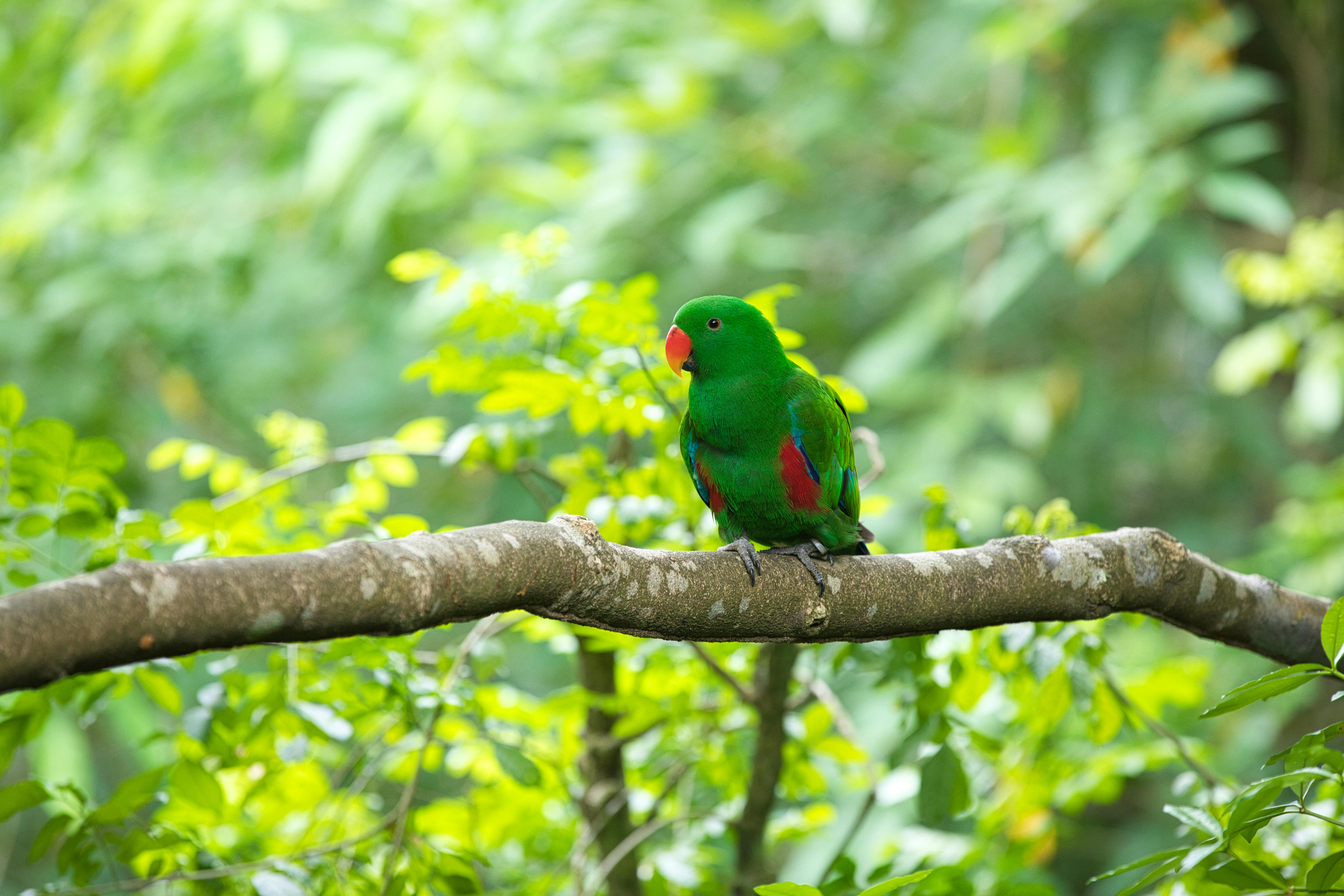
Smart Ways to Choose the Best Small Rabbit Breeds for Modern Pet Lovers in 2025
As modern pet lovers seek smaller companions, small rabbit breeds have surged in popularity due to their adorable demeanor, manageable size, and loving nature. Whether it's the cuddly Netherland Dwarf rabbits or the fluffy English Angora rabbits, tiny rabbit breeds offer joy and companionship without taking up too much space. This article will delve into selecting from the best miniature rabbit breeds, ensuring you understand their care, needs, and personality traits. With insights into rabbit temperament, feeding, grooming, and housing, you'll be better prepared to welcome a new fluffy family member into your home.
We'll explore:
- Top small rabbit breeds ideal for families and apartments
- Essential care tips and practices for happy, healthy rabbits
- Understanding rabbit behavior and socialization needs
- Resources for adopting small rabbits
- Health considerations and common challenges with small pet rabbits
Get ready to hop into the world of small rabbits as we uncover the attributes that make them excellent pets!
Essential Guide to Popular Small Rabbit Breeds
Building on our understanding of rabbit companions, let's explore some prominent small rabbit breeds that are particularly suited for families and individuals living in smaller spaces.
Understanding the Best Small Rabbit Breeds
The market offers various small rabbit breeds, particularly favored for their size and temperament. Among them:
- Netherland Dwarf Rabbits: Known for their compact size and friendly nature, these rabbits are perfect for both children and adults. Their playful yet gentle temperament makes them ideal indoor pets.
- Holland Lop Rabbits: Renowned for their floppy ears and affectionate personality, these rabbits thrive on attention and are known for their sociable behavior.
- Mini Rex Rabbits: This breed features a distinct rolled appearance, soft coat, and engaging personality, making them beloved among young families.
Understanding the unique traits of these breeds will help ensure the best match for your lifestyle.
Characteristics of Small Rabbit Breeds
Small rabbit breeds typically embody varying personality traits such as:
- Friendly and Social: Most small breeds enjoy companionship, making them easy to bond with.
- Playful Nature: Many have high energy levels and require interactive playtime to stay happy and healthy.
- Low Space Requirements: Ideal for apartment living, small rabbits adapt well to confined spaces when provided with appropriate care.
When selecting your pet rabbit, consider these emotional and physical traits to match your home environment effectively.
Choosing the Right Breed for Your Family
Several factors influence the choice of breed, including:
- Age of Children: Some breeds are more tolerant of young children, making them better suited for families.
- Activity Level: Assess your family’s lifestyle. Active families may prefer rabbits that enjoy plenty of playtime.
- Grooming Needs: Breeds like the English Angora are beautiful but require more grooming, while others, like the Mini Rex, have lower maintenance.
By accounting for these elements, you can select a breed that harmoniously integrates into your family's dynamic.
Practical Aspects of Caring for Small Rabbits
With an understanding of the breeds in hand, you can now transition into the essential care aspects necessary for maintaining a happy rabbit.
Housing and Environment Needs
Creating a safe and comfortable habitat for your small rabbit is paramount. Here are some pointers:
- Space Considerations: Even small rabbits need adequate space to roam. A spacious cage with room to stand up and stretch is essential.
- Safe Surroundings: Prepare your home for your new rabbit by removing potential hazards, such as electrical cords and toxic plants.
- Outdoor vs Indoor Setups: Indoor rabbits require less space and have fewer risks, whereas outdoor rabbits can enjoy the grass but need secure enclosures.
By ensuring a safe environment, your rabbit will feel secure and relaxed, promoting its well-being.
Feeding Small Rabbits: Nutrition Essentials
The diet significantly influences your rabbit's health. Here are some feeding practices:
- High-Quality Hay: This should be the primary part of your rabbit's diet to promote healthy digestion.
- Fresh Greens: Incorporating leafy greens boosts nutritional intake and keeps your rabbit hydrated.
- Rabbit Pellets: Choose high-fiber, low-protein pellets tailored for small breeds.
Proper nutrition greatly impacts a small rabbit's lifespan, weight management, and overall health, making it a crucial aspect of care.
Small Rabbit Grooming and Health Tips
Now that you understand housing and diet, it's time to focus on grooming and health considerations for small rabbits.
Grooming Small Rabbits: Techniques and Tips
Grooming is essential in maintaining your rabbit's coat and understanding its needs. Here’s how to approach it:
- Brushing: Regular brushing prevents matting and reduces shedding, especially in long-haired breeds.
- Nail Trimming: Keeping their nails trimmed is crucial; aim for every 4-6 weeks to avoid overgrowth.
- Ears Cleaning: Periodically check and clean their ears to prevent infections.
Keeping your rabbit well-groomed not only enhances its health but also strengthens the bond you share.
Monitoring Health: Common Concerns
A proactive approach to health care is vital in preventing disease. Be aware of:
- Signs of Illness: Understanding the signs of common rabbit illnesses can help you react quickly.
- Routine Vet Visits: Schedule regular check-ups to stay on top of vaccinations and overall health.
- Recognizing Distress: Learn to identify signs of distress to mitigate any health issues before they escalate.
Education and attention towards health effectively prevent common rabbit health issues.

Socializing Small Rabbits: Building Bonds
Understanding your rabbit's social needs is essential for a happy pet. Building a bond with your companion can lead to a fulfilling relationship.
Rabbit Socialization Techniques
Engaging with your rabbit correctly allows for healthy emotional development. Consider the following:
- Interaction: Spend time each day getting to know your rabbit through gentle handling and play.
- Group Playtime: Encourage play with other rabbits for enhanced social skills, but ensure they are properly introduced.
- Consistent and Calm Behavior: Always maintain a calm demeanor during interactions to avoid spooking your rabbit.
This socialization can significantly enhance the rabbit's temperament and positive behaviors.
Common Behavioral Signs and Training
Understanding your rabbit's behaviors helps in training and proper care. Key signs to watch for include:
- Happiness Indicators: Thumping, binkies, and relaxed body posture indicate a happy rabbit.
- Stress Signs: Ears back, thumping, or biting can signal stress or discomfort.
- Training Techniques: Reward-based training can encourage desired behaviors, leading to better pet management.
To ensure a rewarding experience for both you and your rabbit, it is essential to interpret these behaviors accurately.

Getting Started with Small Rabbit Adoption
As you prepare for your new furry friend, understanding the adoption process is essential. This can set the tone for a positive ownership experience.
Choosing the Right Rescue or Breeder
Finding a reputable source for adoption is crucial:
- Research Rescues: Many locations specialize in small rabbit breeds and hybrids; they can provide valuable insights into the rabbit's personality and health history.
- Responsible Breeders: If opting for a breeder, ensure they are knowledgeable and prioritize animal welfare.
- Visiting Before Adoption: Spend time with prospective pets; observing their behavior can help in choosing a good match.
Ensuring that you end up with a rabbit that fits well into your lifestyle is crucial—and starts with how and where you adopt.
Key Considerations Before Bringing Home a Small Rabbit
Before bringing your rabbit home, consider the following essential aspects:
- Preparing Your Home: Ensure your living space is safe and welcoming with plenty of enrichment.
- Gather Supplies: Stock up on necessities like food, litter, toys, and bedding before the adoption date.
- Understanding Commitment: Remember, rabbits require long-term commitment, care, and love, often living for over 10 years!
By preparing adequately, you create a warm and loving environment that supports your rabbit’s health and happiness.
FAQs About Small Rabbit Breeds
Here are some questions frequently asked by new rabbit owners:
What are the best small rabbit breeds for kids?
The best small rabbit breeds that are child-friendly include the Holland Lop and Mini Rex, known for their gentle disposition and sociability.
How do I choose the right food for my small rabbit?
Select high-fiber hay as the mainstay of their diet, complemented with fresh greens and high-quality pellets designed for small breeds to ensure balanced nutrition.
What health issues should I be aware of with small rabbits?
Common health concerns include dental issues, gastrointestinal stasis, and obesity; regular vet checks can help catch problems early.
By ensuring that you cover these aspects, you're setting the stage for a happy and healthy relationship with your new furry friend.